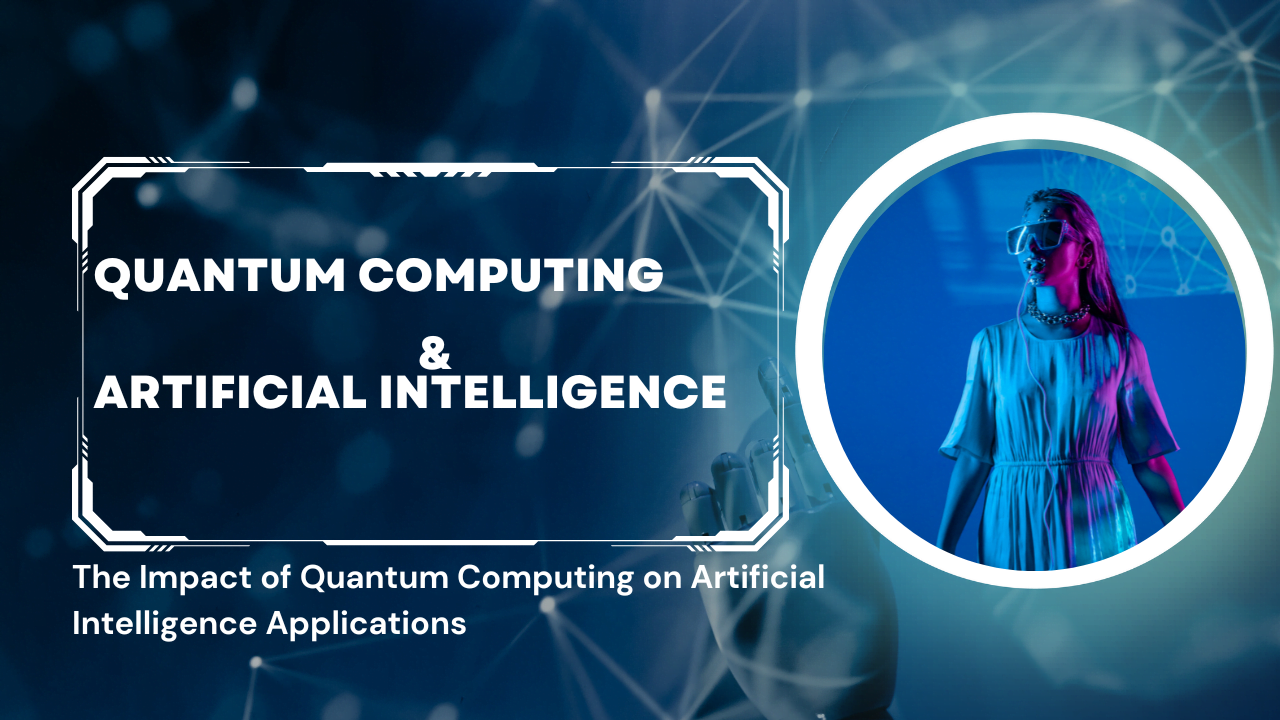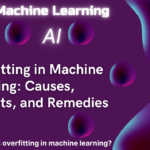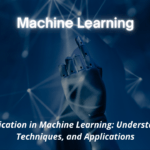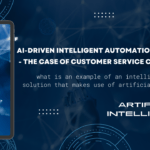Exploring the Impact of Quantum Computing on Artificial Intelligence Applications
Introduction,
In the realm of technological advancement, two revolutionary fields have been making waves: Quantum Computing and Artificial Intelligence (AI). While each of these domains holds significant promise on its own, the convergence of quantum computing and AI heralds a new era of innovation and transformation. In this blog post, we embark on a journey to understand how the marriage of quantum computing and AI will reshape the landscape of technology, revolutionizing the way we approach AI applications.
Understanding Quantum Computing
Quantum computing leverages the principles of quantum mechanics to process information in ways that classical computers cannot. Unlike classical bits, which are either 0 or 1, quantum bits or qubits can exist in multiple states simultaneously due to the phenomenon of superposition. This unique property enables quantum computers to solve certain complex problems exponentially faster than classical counterparts.
The Potential Synergy: Quantum Computing and AI
Exponential Speedup: Quantum computers have the potential to revolutionize AI by offering exponential speedup for certain computational tasks. Tasks that are currently considered computationally infeasible, such as large-scale optimization problems and complex simulations, could become manageable with the power of quantum computing.
Enhanced Machine Learning: Quantum computing could enhance machine learning algorithms by accelerating training processes and enabling the exploration of more complex models. This could lead to breakthroughs in deep learning, natural language processing, and image recognition.
Advanced Data Analysis: Quantum computing’s ability to process and analyze vast amounts of data simultaneously could have a profound impact on data analysis. This could lead to more accurate and rapid data-driven insights, enhancing decision-making across various industries.
Optimized AI Algorithms: Quantum computing can be harnessed to optimize AI algorithms, resulting in faster and more efficient problem-solving. This could lead to advancements in recommendation systems, personalized medicine, and financial modeling.
Challenges and Considerations
While the synergy between quantum computing and AI is promising, several challenges and considerations need to be addressed:
Quantum Error Correction: Quantum computers are highly sensitive to errors due to environmental noise and other factors. Overcoming these errors through quantum error correction is a critical challenge to achieve reliable quantum computation.
Quantum Hardware: Building and maintaining stable quantum hardware is a significant hurdle. As of now, practical, scalable quantum computers are still in their infancy.
Algorithm Development: Developing quantum algorithms for AI tasks requires expertise in both quantum computing and AI. Bridging this knowledge gap is essential to fully capitalize on the potential synergy.
Data Handling: Quantum computers have unique data handling requirements. Integrating quantum and classical data effectively is a challenge that needs to be overcome.
Emerging Applications
Drug Discovery: Quantum computing’s optimization capabilities could accelerate drug discovery processes by simulating molecular interactions and predicting potential drug candidates.
Cryptography: Quantum computers could potentially break classical encryption methods, leading to the development of new quantum-safe cryptographic techniques.
Financial Modeling: Quantum computing could revolutionize risk analysis and portfolio optimization in the financial sector, enabling more accurate predictions and insights.
The Future: Quantum AI Revolution
The convergence of quantum computing and AI presents a landscape of boundless innovation. As quantum hardware advances and quantum algorithms mature, the symbiotic relationship between these fields will lead to groundbreaking applications and discoveries. The quantum AI revolution promises to redefine our understanding of computing capabilities and expand the horizons of what AI can achieve.
Conclusion: Pioneering a Quantum AI Frontier
The synergy between quantum computing and AI represents a paradigm shift in how we approach complex problems and envision the future. As quantum computers become more accessible and their capabilities expand, the transformative potential they hold for AI applications becomes increasingly evident. The journey ahead is one of exploration, collaboration, and pushing the boundaries of what’s possible. The marriage of quantum computing and AI is not merely a technological evolution—it’s a quantum leap toward a future where the impossible becomes possible and innovation knows no bounds.










